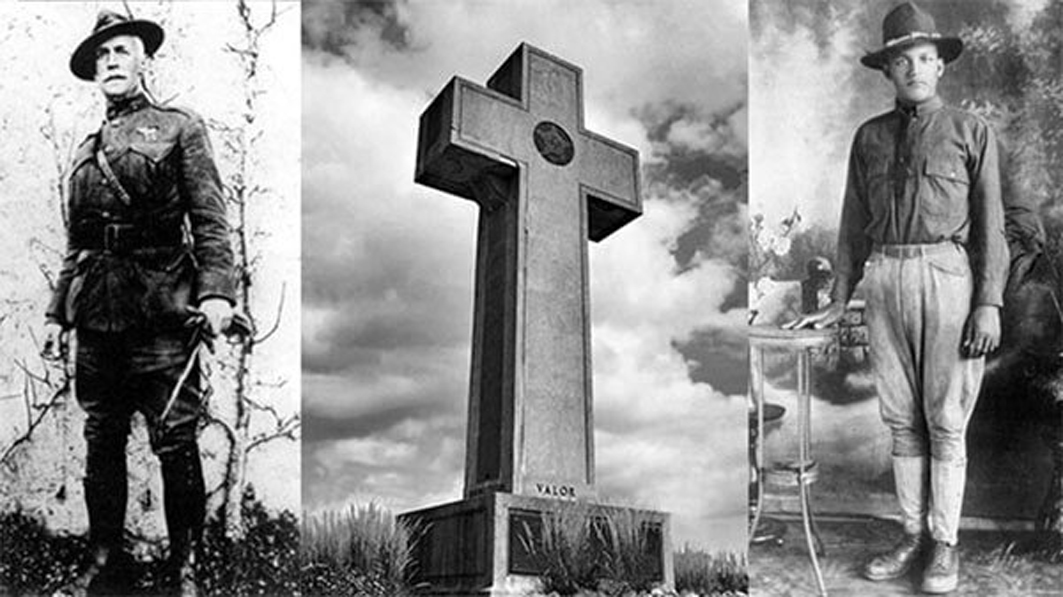On Wednesday, February 27, the U.S. Supreme Court will convene to hear oral arguments over whether a war memorial shaped like a cross, sitting on government land, violates the First Amendment’s opening words: “Congress shall make no law respecting an establishment of religion…”
The Bladensburg War Memorial, built to honor the local soldiers of Bladensburg, Maryland who made the ultimate sacrifice during World War I, was erected on private land in 1925 by parents and concerned citizens. It ended up on public land 40 years after it was built because of traffic safety concerns.
The American Humanist Association now wants it gone. Groups like the American Legion, the Maryland-National Capital Park and Planning Commission, and others argue that its presence does not violate the Constitution. Dozens of “friend-of-the-court” legal briefs, aka “amicus briefs,” have been filed on each side of the issues involved in the case. What “test” should the Court apply? Which Supreme Court “precedents” are applicable? Should any precedents be struck down as part of this case, such as the famous (or infamous) “Lemon Test,” from 1970 decision that has caused more uncertainty in religion cases than certainty? But I digress.
The lawyers, analysts and scholars watching this case will probe the give and take of the oral arguments, looking for clues as to how the various justices may stand on the issues involved in the case. Sometime before the end of June, we’ll have an opinion of the Court that will not only decide the case being argued, but one that will impact future religion cases that arise.
On a larger scale, the decision the justices ultimately pen will act to either encourage, or discourage, the increasing boldness of militant atheism directed against traditional American values. This case is just one example of the legal bullying of small towns across the nation that uses litigation or the threat of litigation to eradicate all signs of religion from public life.
It’s particularly galling when, as in this case, the religious “sign” involved does not proselytize, preach, condemn or signify anything other than a local town’s gratefulness for, and pride in, the heroism of its local citizens which helped to protect the freedom that we all enjoy, including atheists.
The cases (there are two related cases consolidated into one for purposes of argument) are: The American Legion v. American Humanist Association; and Maryland-National Capital Park and Planning Commission v. American Humanist Association.






